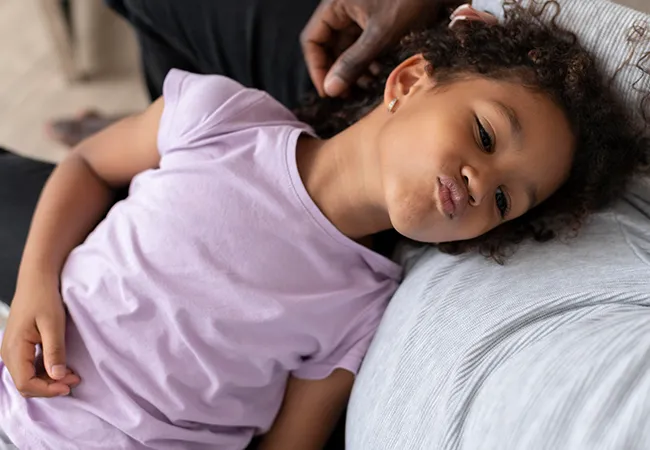


Constipation is a common issue for children, but it can often be easily managed with the right care. At Manisha “Mona” Dave, MD – Pediatric Gastroenterology, we offer specialized treatment for constipation and provide families with practical solutions that support long-term relief.
Constipation can be caused by a variety of factors, including diet, dehydration, stress, or underlying medical conditions. We take a holistic approach, addressing the root causes to ensure your child receives the most effective treatment.
If you're looking for a pediatric constipation treatment in Frisco, TX, our practice provides expert care tailored to each child's unique needs.
Our constipation services include a combination of dietary guidance, lifestyle changes, medications, and professional interventions:
Identifying the root cause of constipation through thorough evaluations.
Recommending dietary changes and hydration strategies to improve bowel movements.
Encouraging physical activity to support digestive health.
Offering over-the-counter or prescribed medications when necessary for effective relief.
For chronic constipation, we provide expert management and ongoing care, working closely with pediatric specialists.

Dr. Mona Dave is a double board-certified pediatric gastroenterologist with over 20 years of experience. Families choose her for her:
Constipation in children can result from poor diet, dehydration, lack of exercise, or stress. Underlying medical conditions, such as IBS or food intolerances may also contribute.
If your child’s constipation is persistent, painful, or accompanied by other symptoms such as vomiting, weight loss, or blood in the stool, it’s important to consult a pediatric gastroenterologist.
Treatment may include dietary changes, increased fluid intake, physical activity, over-the-counter or prescription medications, and stress management.
A high-fiber diet with plenty of fruits, vegetables, and whole grains, along with adequate hydration, can help alleviate constipation.
In addition to diet changes, increased physical activity and a consistent bathroom routine can also promote regular bowel movements.